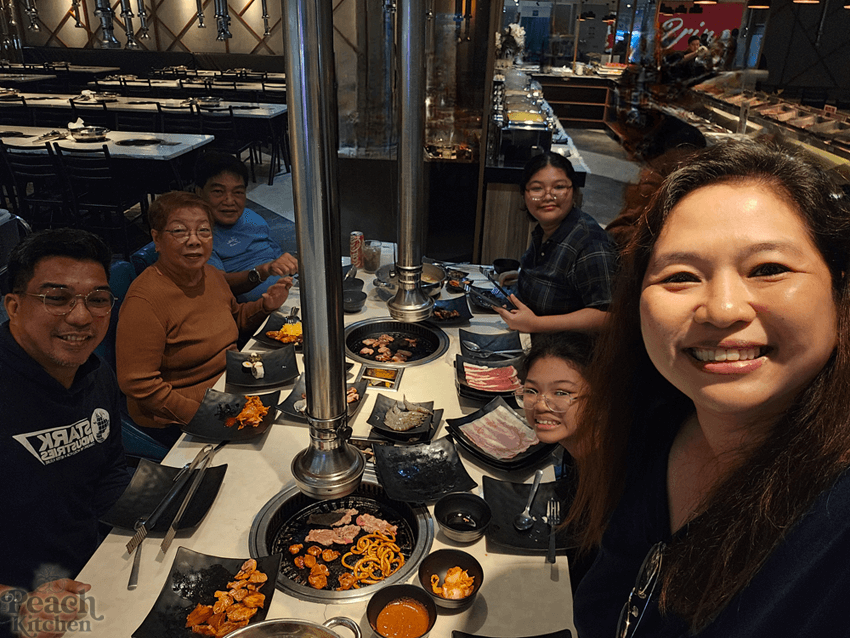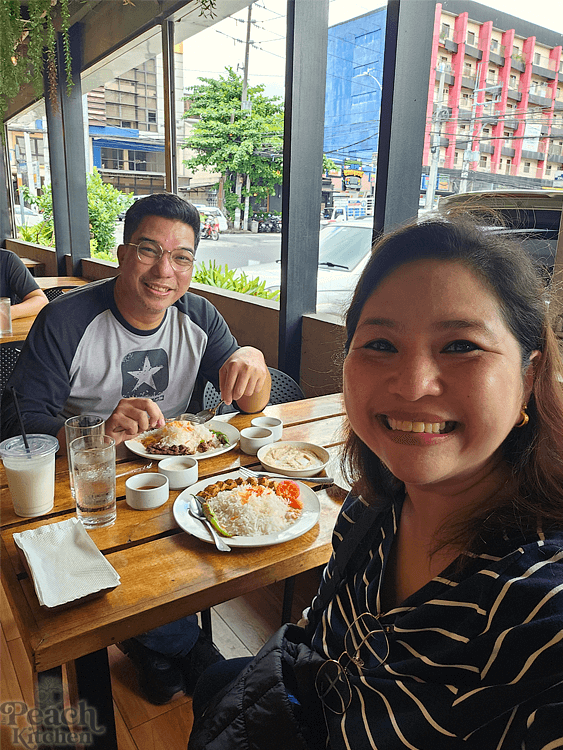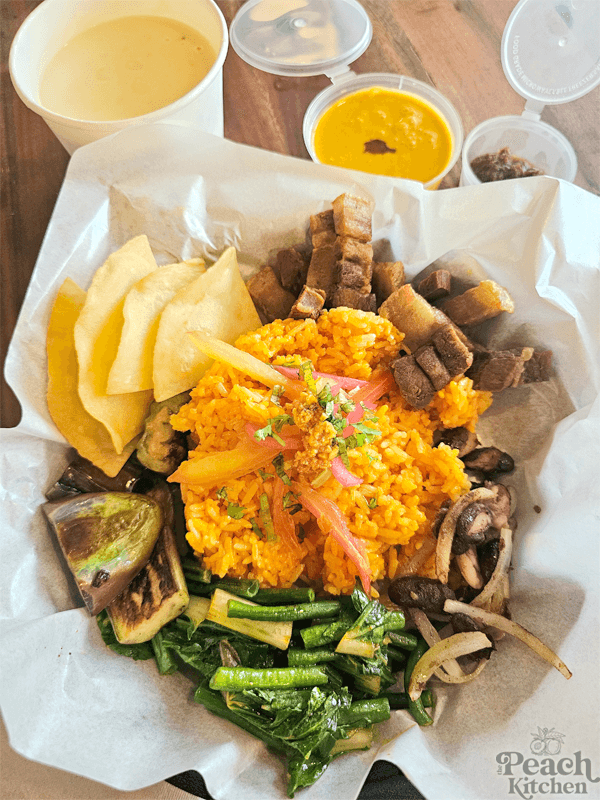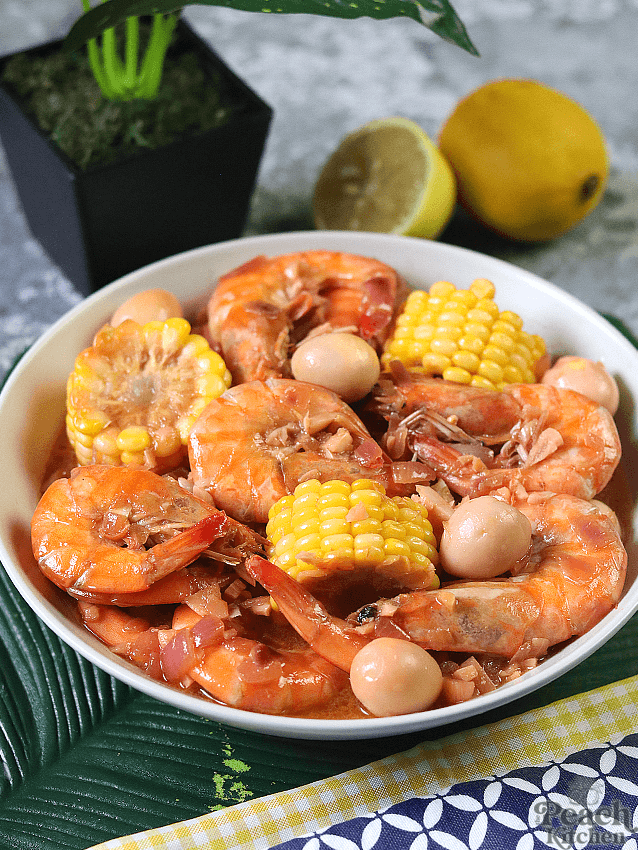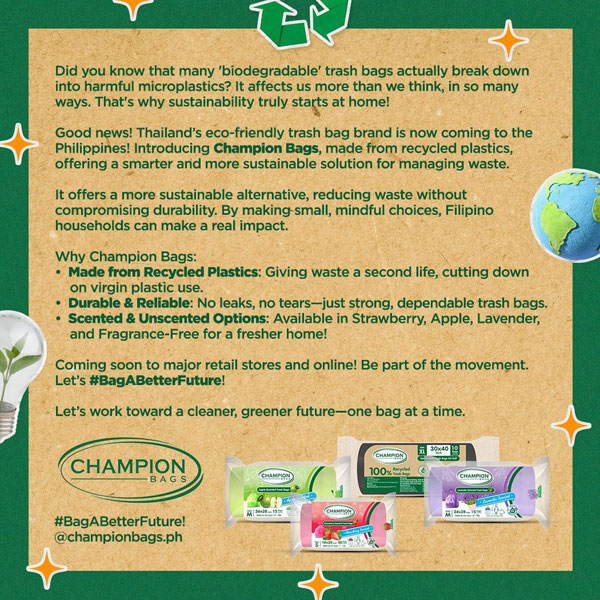An estimated nine million people get a foodborne illness in the U.S. each year. These illnesses tend to spike in the warmer months, likely because people cook outside more, and they may leave food out for longer periods of time.
Foodborne illness is also called food poisoning, and it comes from eating infected food. The food can be infected with parasites, bacteria, or viruses, all of which are considered infectious organisms.
Infectious organisms or the toxins they produce can occur anytime when food is being processed or produced, and also when food is being handled and cooked.
For most people, food poisoning symptoms will begin within a few hours after they eat the contaminated item, with symptoms including nausea, vomiting, and diarrhea. Usually, food poisoning resolves on its own, but in rare cases, it can be severe and may require hospitalization.
Almost everyone will get a case of food poisoning at least once in their lives, but people with an autoimmune disease or a suppressed immune system may be at a higher risk of infection. These people may also be more likely to develop complications from food poisoning.
Women who are pregnant are also at higher risk because of changes to the circulatory and metabolic systems that occur during pregnancy.
How Is Food Contaminated?
The majority of foods that you eat have pathogens of some type, but when you cook these items, it usually kills most of them before we actually eat them. Anything raw or perhaps undercooked may have a higher risk of causing food poisoning.
Poultry
Raw or undercooked poultry, including chicken as well as turkey and duck, is a big cause of food poisoning.
Poultry has two types of bacteria that often lead to people becoming sick—campylobacter and salmonella.
They are bacteria often in the feathers and guts of birds.
The bacteria can contaminate fresh meat during slaughtering, and they can stay alive until they’re killed with the heat of cooking.
When meat is cooked thoroughly, these bacteria are fully eliminated.
Along with making sure that you cook all poultry thoroughly, you have to be careful of cross-contamination when you’re preparing it.
Leafy Greens and Vegetables
We more often associate food poisoning with meat and fish, but leafy green vegetables and all types of vegetables are a frequent source of foodborne illness.
Specific fruits and vegetables often linked to food poisoning include lettuce, cabbage, spinach, tomatoes, and celery.
Vegetables can get contaminated with bacteria, including listeria, and salmonella at different points in the food supply chain.
Vegetables and in particular leafy greens are also usually consumed raw. Between 1973 and 202, 85% of food poisonings in the U.S. were from leafy greens and came from food that was made in a restaurant.
You should always thoroughly wash vegetables to reduce the risk of getting sick.
Fish and Shellfish
Fish, especially if it’s not stored at the right temperature, can make you ill. It’s often contaminated with something called histamine. Histamine is a toxin that’s produced by fish bacteria.
Normal cooking temperatures don’t destroy histamine, and it causes a specific type of food poisoning—scombroid food poisoning.
Along with nausea, symptoms can include swelling of the face and tongue and wheezing.
There’s a toxin called ciguatoxin that can cause you to become sick after eating fish too.
Shellfish can lead to food poisoning because they often consume different algae, much of which has toxins. Those toxins can then buildup in the shellfish, making them dangerous when you eat them.
If you have shellfish with a shell that doesn’t open after you cook it, don’t eat it.
Deli Meat
Deli meats are a broad category that can lead to sickness. Deli meat can get contaminated with bacteria like listeria and staphylococcus aureus during processing.
Lunchmeat should always be kept in the refrigerator until you’re ready to eat them, and things like bacon and sausage should be cooked well.
Unpasteurized Dairy Products
When you buy most dairy products at the supermarket, they’ve been pasteurized, which is a process of heating them to kill any harmful organisms. Pasteurization can kill E. coli, listeria and salmonella for example. However, if you consume dairy products that aren’t pasteurized, you may get sick.
These products aren’t legal to be sold in 20 states in the U.S.
Finally, eggs can also cause food poisoning if you eat them raw or undercooked. In particular, eggs can have salmonella bacteria, so don’t consume eggs with a cracked shell and chose pasteurized eggs if you’re making something that calls for lightly cooked or raw eggs.








